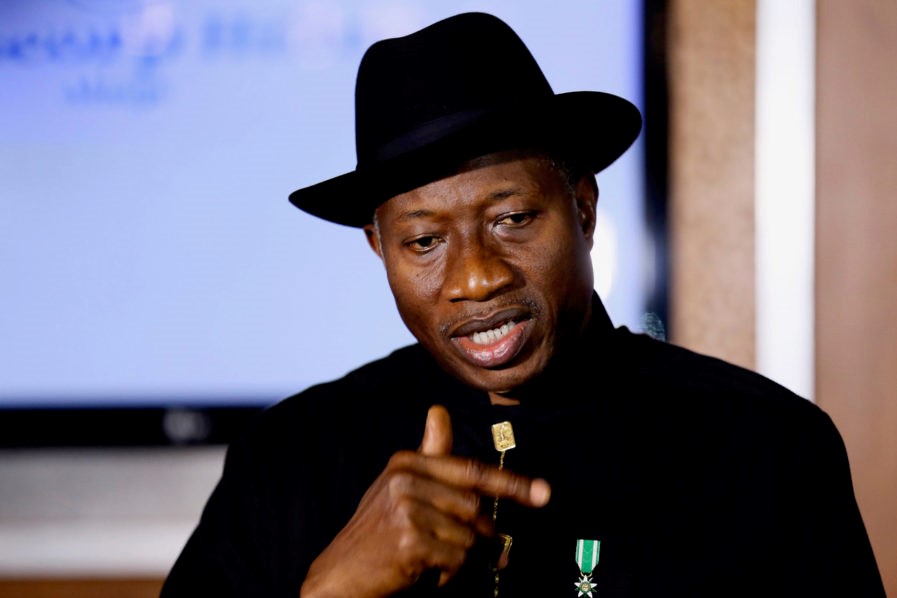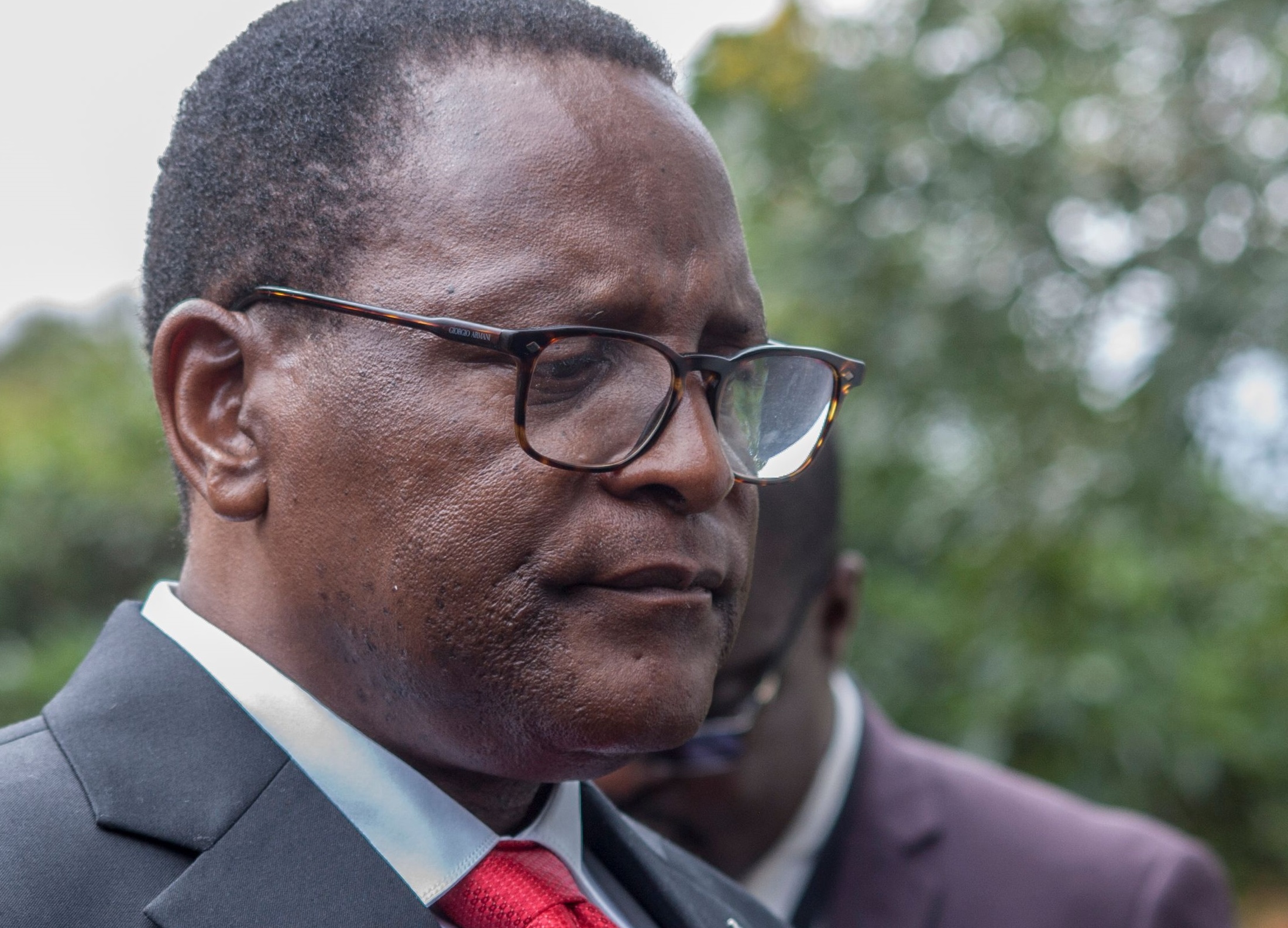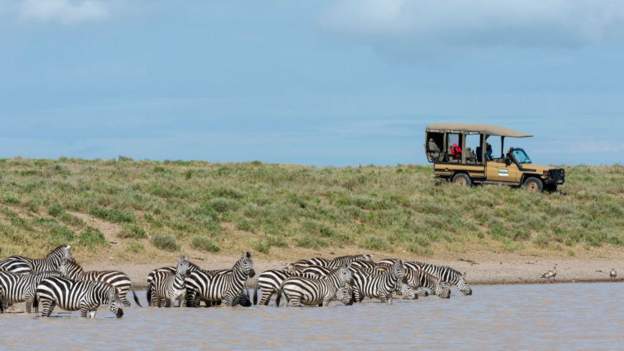
OPINION: China, America and Russia’s game of influence in Africa, By Otobo
OPINION: China, America and Russia’s game of influence in Africa
By Ejeviome Eloho Otobo
Up until recently, there was popular belief that the new round of competition for influence in Africa will be between two big powers: China and the United States of America.
However, there is a growing sense that a triangular big-powers’ rivalry might be quietly under way in Africa. This article presents a preliminary summary of the work-in-progress of the contours of the three big powers’ activities in Africa.
In their quest for influence in Africa, the three big powers are deploying the traditional tools of statecraft and diplomacy. These include economic cooperation; military assistance; and technological support.
To this is added a fourth, albeit overlooked soft power, dimension—institutionalised mechanism for promoting cooperation. This fourth dimension was examined from two perspectives: the existence of a high-level forum for periodic in-depth discussion between African leaders and the concerned big power, and the number of visits by the leaders of the concerned big power to African countries.
Of the three big powers, China institutionalised since 2000, a forum for cultivating and deepening relations with Africa: The Forum on China-Africa Cooperation (FOCAC) held every three years. This forum initially began as a ministerial level meeting but beginning in 2006, summit level meetings were held alongside the ministerial meetings. FOCAC meetings have been held in Beijing, Addis Ababa, Sharma el Sheik (Egypt) and Johannesburg.
By contrast, the United States convened its first and only US-African Leaders Summit in Washington in August 2014 during the Obama presidency. Russia has announced that it will convene its first Russia-Africa Summit in Sochi, Russia in October, 2019.
As regards state visits by the presidents of three big powers to African countries — between 2000 to2018, a period of nearly two decades — Chinese Presidents made 25 visits to 17 African countries: US Presidents made 22visits to 13 African countries; and Russian Presidents made 12 visits to 8 African countries.
Economic cooperation between African countries and the big powers was examined from three perspectives: development finance to, commercial trade with, and foreign direct investment in, African countries.
Official development assistance to Africa by the big powers in 2017, the year for which complete data is available, was as follows: USA gave US$8.7 billion; and Russia US$22.68million(this figure from OECD most likely understates Russia’s development finance support to Africa, because of the methodology of calculating ODA).
China’s development assistance for that year is embedded in its three-year package announced at the 2015 FOCAC for the sum of $60 billion, consisting of $5billion for grants and zero-interest loans; $35 billion for concessional loans; and $20 billion for commercial financing. China made another pledge or the sum of US$60 billion for the next three years at the 2018 FOCAC.
China and United States have respectively reformed their development finance institutions, with establishing the China International Development Cooperation Administration in April 2018, and the US International Development Finance Cooperation in October 2018. China’s commercial trade with Africa in 2018 was US$204.19 billion; United States, US$61,807 billion; and Russia, US$ 22 billion.
Just as United States created the Africa Growth and Opportunity Act to help boost trade with Africa; China’s global Belt and Road Initiative will likely have a major impact on infrastructure development in Africa.
Foreign Direct Investment in Africa as of 2017 by United States was $52 billion; China, $40billion: while Russia’s was over $20 billion in 2018, according to the Russian Foreign Minister’s remarks at the AFREXIM Bank annual conference held in Moscow in June 2019.
Military assistance was analysed from three dimensions: each big power’s contribution to UN peacekeeping operations in Africa; arms trade with Africa; and military foot print in African countries. China has over 2,000 peacekeepers in five UN peacekeeping missions in Africa. By contrast, Russia and the United States have a total contribution of 78 and 34 troops respectively to all UN peacekeeping operations worldwide as of May, 2019.
The share of each of the big powers’ arms export to Africa during the period 2013-2017 was China 21%; Russia 13%; and US 2.2%. Conversely, the share of arms imports by African countries from the big powers during the same period were Russia 39%; China 17%; and US 11%.
In terms of military foot print, during 2017-2018, the United States has military bases or Lily Pads in 17 African countries; offered training assistance for 22 countries; military exercises in 12 countries; combat operations in nine countries; and air drone strikes in two countries.
By contrast, China has a military base in one country; and offered anti-piracy drilling exercises in four countries; and medical team visits to four countries. Russia also has a military facility in one country and offered in-country training to two African countries.
The potential technological support by the big powers to Africa was examined both in terms of their current technological prowess, and the number of students undertaking university level studies in the three big power countries, which is an indication of their willingness to share knowledge and skills with Africa.
Two important proxies for the technological prowess of the three big powers are their expenditure on research and development as a percentage of GDP (US, 2.74%; China, 2.107%; and Russia, 1.187%) and the country that is home to the major technology firms.
A 2018 analysis by Kleiner Perkins of the top 20 technology firms by market value showed that US is home to eleven of those firms and China home to nine. China hosted 61, 594 African students in 2016 and United States about 40,000 in the same year. The number in Russia is yet to be fully ascertained.
The concluding part of this evolving study will focus on such issues as what are the strategic intent(s)of each of the big-powers in Africa; how can African countries improve their understanding of the major pre-occupations of, and managing relations with, the big powers; the challenges that the three big powers will likely confront in Africa; their comparative areas of strength in the mix of development, technology and security assistance to African countries; the regional context for a “third scramble” in Africa; and whether, in spite of their competition, there is room for cooperation among the three big powers on African issues.
Otobo is author of Africa in Transition: A New Way of Looking at Progress in the Region – which was nominated for the Grand Prix of Literary Associations Award 2018




Recent Comments